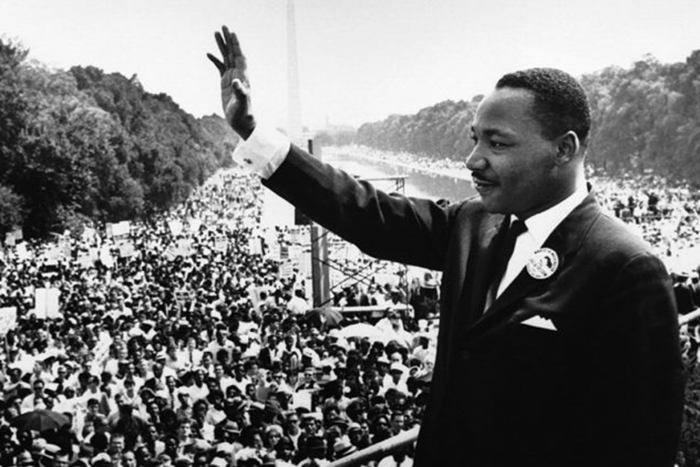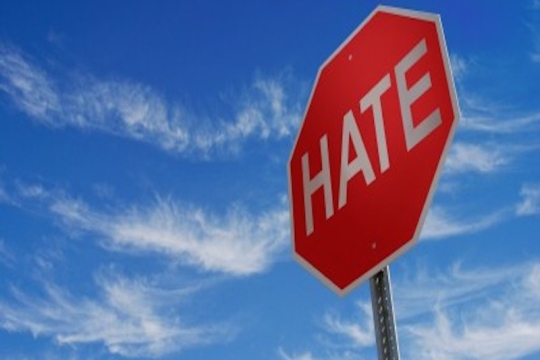
This year, the national observance of Martin Luther King, Jr. Day on January 20 feels especially profound. For only the third time since the holiday's creation, it will coincide with a presidential inauguration. As the nation looks ahead to the new Administration, we join in a recommitment to the values and goals championed by Dr. King.
In his 1963 Letter from a Birmingham Jail, Dr. King wrote, "I am cognizant of the interrelatedness of all communities and states…Injustice anywhere is a threat to justice everywhere. We are caught in an inescapable network of mutuality, tied in a single garment of destiny. Whatever affects one directly, affects all indirectly."
More than six decades on, these words remain as relevant as ever and inspire us to action. In this moment when people of Color continue to face inequities in education, housing, health care, economic opportunity and every aspect of life, all people have a responsibility to act and bring about greater equality of opportunity and outcome.
We can also heed Dr. King's reminder that we look upstream. As he wrote in the same letter, "I am sure that none of you would want to rest content with the superficial kind of social analysis that deals merely with effects and does not grapple with underlying causes."
The Supreme Court's gutting of the Voting Rights Act in 2013 and undermining of affirmative action in 2023 are just two ways in which mechanisms created to foster greater equity have been broadly diminished. The Brennan Center for Justice found that, "The racial turnout gap - the difference between white and nonwhite turnout rates in elections - has been consistently growing since at least 2008, reaching 18 percentage points in the 2022 midterm elections. If the gap did not exist, nearly 14 million additional ballots would have come from voters of color that year." And colleges and universities - large and small - have seen rates of Black enrollment drop since the Court banned affirmative action programs for schools. Black enrollment in the 2024 freshman classes at Amherst College and MIT declined by more than half and other schools saw similar effects. These upstream decisions have downstream effects over a lifetime and through the generations.
A key step you can take is to reach out to your members of congress and urge their support for the Freedom to Vote Act that would establish national standards for federal elections including easing voter registration opportunities, expanding early in-person voting and voting by mail, restoring the right to vote for formerly incarcerated people who have completed their sentences, ending partisan gerrymandering, and more.
This year, remembering Dr. King's prophecy that "the arc of the moral universe is long, but it bends toward justice," let's honor his life's work and legacy by working to build a world of greater justice for all people.
Related Posts
Three Supreme Court Cases You Should Know About
Every Voice, Every Vote: Reflections on the 2022 Midterms and What Comes Next


